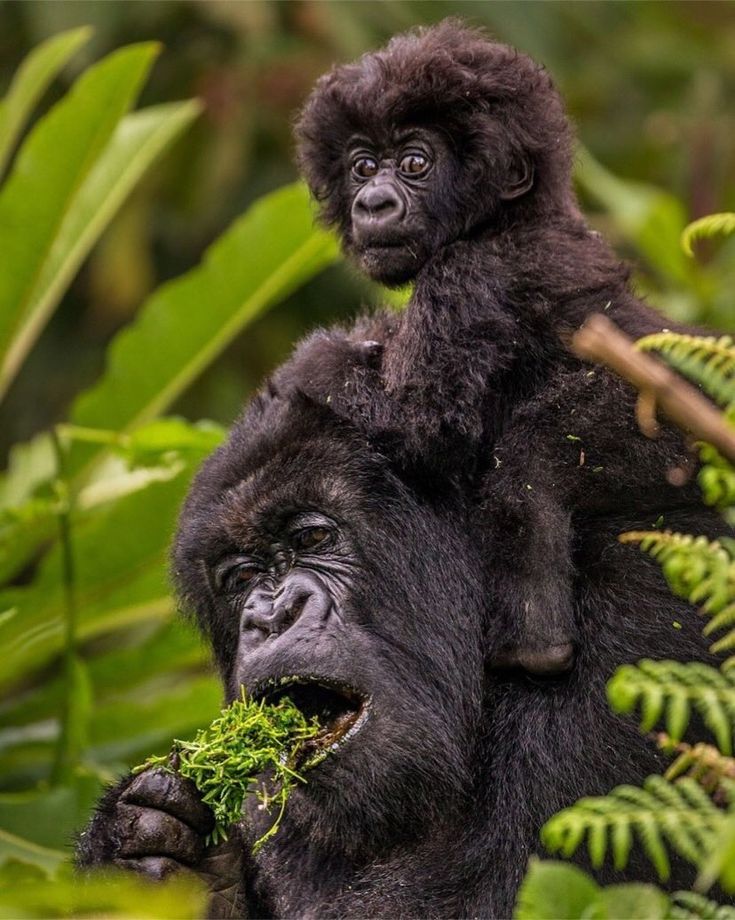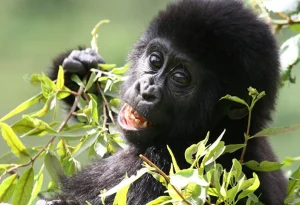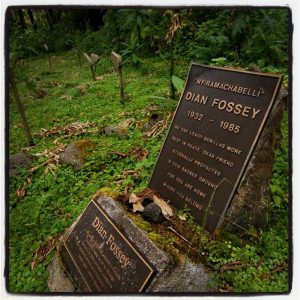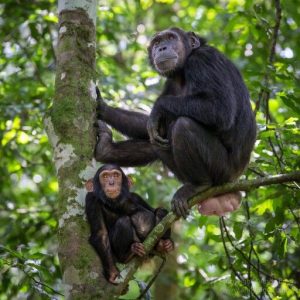What You Need to Know About Rwanda Safaris
Rwanda, known as the “Land of a Thousand Hills,” offers some of the most unforgettable safari experiences in Africa. From trekking with mountain gorillas to exploring the savannah teeming with wildlife, Rwanda has a diverse array of attractions for nature lovers and adventure seekers. Here’s everything you need to know about planning and enjoying a safari in Rwanda. What You Need to Know About Rwanda Safaris
1. The Best Time to Visit Rwanda
Rwanda is a year-round destination, but the best time for safaris depends on your preferred activities:
- Dry Season (June–September and December–February):
- Ideal for gorilla and chimpanzee trekking.
- Easier wildlife spotting in Akagera National Park.
- Wet Season (March–May and October–November):
- Lush landscapes and fewer crowds.
- Great for birdwatching as migratory birds arrive.
2. Top Safari Destinations in Rwanda
Rwanda’s national parks offer a range of ecosystems and activities:
- Volcanoes National Park:
- Home to the endangered mountain gorillas.
- Activities: Gorilla trekking, golden monkey tracking, hiking the Virunga volcanoes.
- Akagera National Park:
- Rwanda’s only savannah park with the Big Five (lion, leopard, elephant, rhino, and buffalo).
- Activities: Game drives, boat safaris on Lake Ihema, birdwatching.
- Nyungwe Forest National Park:
- Known for its dense montane rainforest and biodiversity.
- Activities: Chimpanzee trekking, canopy walks, nature trails.
3. Gorilla Trekking in Rwanda
- Permit Cost: Gorilla trekking permits are $1,500 per person.
- Group Size: Trekking groups are limited to eight people per gorilla family.
- Fitness Level: Moderate fitness is required as trekking can involve steep and muddy trails.
- Rules and Etiquette:
- Maintain a 7-meter distance from the gorillas.
- Avoid flash photography.
- Follow the guide’s instructions at all times.
4. Wildlife in Rwanda
Rwanda’s safaris feature a mix of savannah, forest, and wetland species:
- Big Five: Lions, elephants, leopards, rhinos, and buffalo are found in Akagera National Park.
- Primates: Mountain gorillas, chimpanzees, golden monkeys, and colobus monkeys thrive in Rwanda’s forests.
- Birdlife: Over 700 bird species, including the elusive shoebill stork and Albertine Rift endemics.
5. Types of Safari Experiences
Rwanda offers more than traditional game drives:
- Guided Game Drives: Explore Akagera’s savannah with expert guides.
- Boat Safaris: Cruise Lake Ihema for close-up views of hippos, crocodiles, and birds.
- Walking Safaris: Enjoy an immersive experience in Akagera with an armed ranger.
- Cultural Safaris: Visit local communities to learn about Rwanda’s traditions, including the Intore dance and banana beer-making.
6. Accommodation Options
Rwanda has a range of accommodations to suit every budget:
- Luxury Lodges: Bisate Lodge, One&Only Gorilla’s Nest, and Magashi Camp offer exclusive experiences.
- Mid-Range Lodges: Mountain Gorilla View Lodge and Akagera Game Lodge provide comfort at a reasonable price.
- Budget Options: Eco-camps and guesthouses near the parks cater to travelers on a budget.
7. Responsible and Sustainable Tourism
Rwanda is a global leader in eco-tourism:
- Revenue Sharing: A portion of park fees goes to local communities to fund development projects.
- Strict Conservation Laws: Activities like gorilla trekking are carefully regulated to minimize human impact on wildlife.
- Plastic-Free Policies: Rwanda bans single-use plastics, so bring reusable alternatives.
8. Transportation in Rwanda
- Getting There: Kigali International Airport is the main entry point, with direct flights from many international hubs.
- Within Rwanda:
- Private safari vehicles are the most convenient option.
- Domestic flights are available for quicker access to remote areas like Volcanoes National Park.
9. Cost of a Safari in Rwanda
- High-End Safaris: Can exceed $10,000 per person for luxury accommodations and private tours.
- Mid-Range Safaris: Range from $3,000 to $6,000 for group tours and mid-tier lodges.
- Budget Safaris: Start at $2,000, focusing on essential activities and affordable accommodations.
10. Safety and Health Tips
- Safety: Rwanda is one of Africa’s safest countries with low crime rates and welcoming locals.
- Vaccinations: Yellow fever vaccination is required, and malaria prophylaxis is recommended.
- COVID-19 Requirements: Check the latest guidelines for entry and park visits.
- Stay Hydrated: Carry water, especially during treks and outdoor activities.
11. Cultural Experiences
Rwanda’s safaris often include opportunities to interact with local communities:
- Iby’Iwacu Cultural Village: Learn about traditional Rwandan life through music, dance, and storytelling.
- Tea Plantations: Visit plantations near Nyungwe Forest to see how tea is grown and processed.
- Genocide Memorials: Sites like the Kigali Genocide Memorial provide important historical context.
12. Booking a Safari
- Tour Operators: Work with reputable companies specializing in Rwanda safaris for smooth logistics.
- Customization: Many operators offer tailor-made itineraries to suit your interests and budget.
- Advanced Booking: Secure permits and accommodations early, especially for popular activities like gorilla trekking.
Why Choose Rwanda for Your Safari?
Rwanda’s combination of unique wildlife encounters, sustainable tourism practices, and stunning landscapes makes it an exceptional safari destination. Whether you’re trekking with gorillas, cruising through wetlands, or experiencing local culture, Rwanda promises a journey that’s as enriching as it is unforgettable. What You Need to Know About Rwanda Safaris




